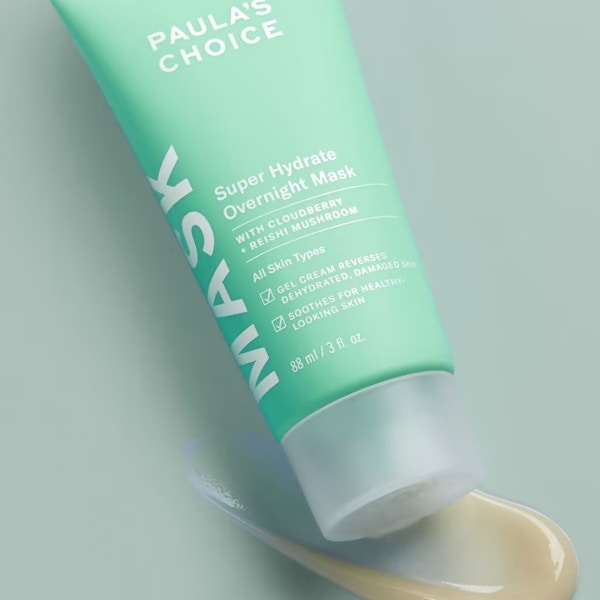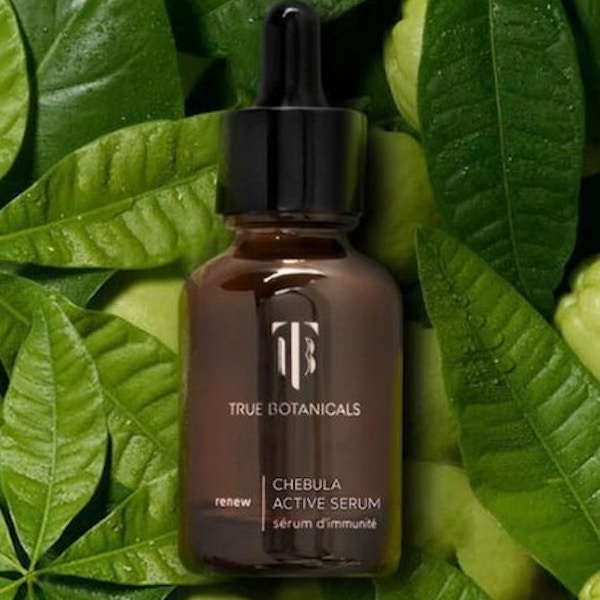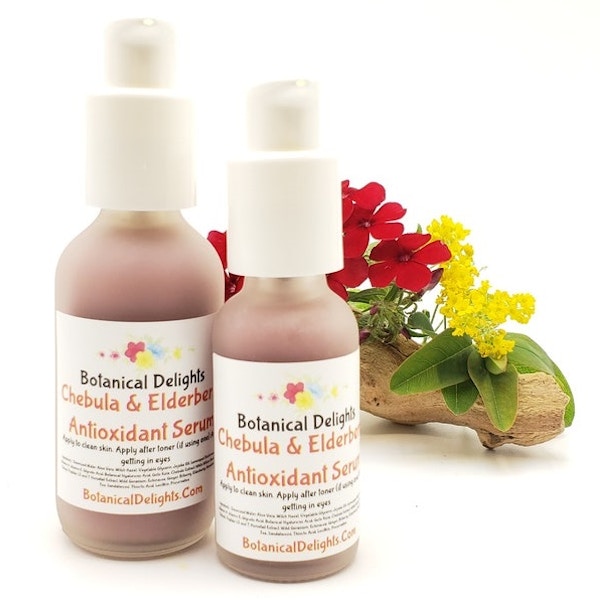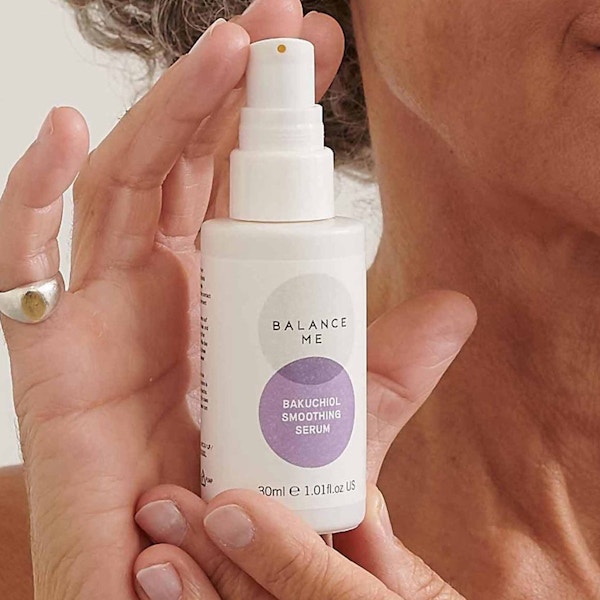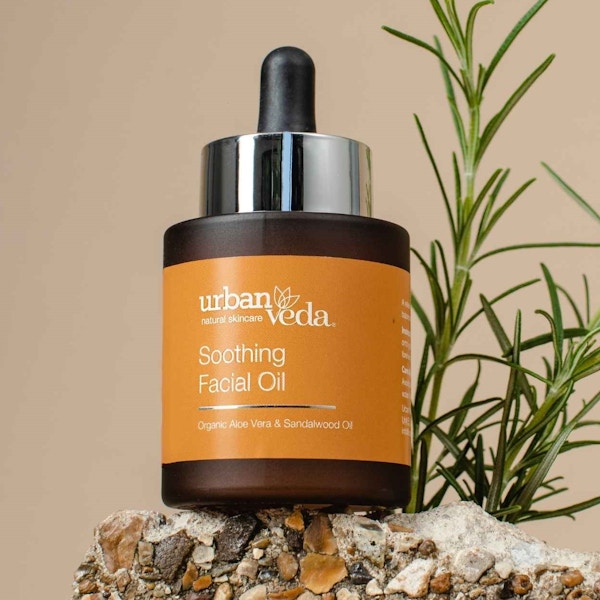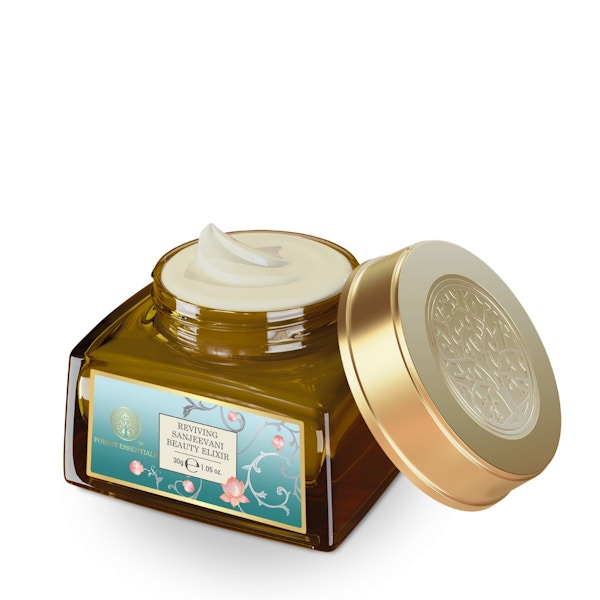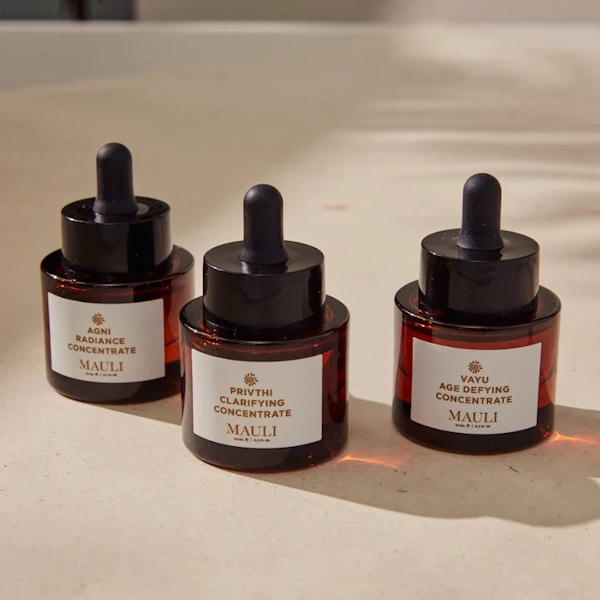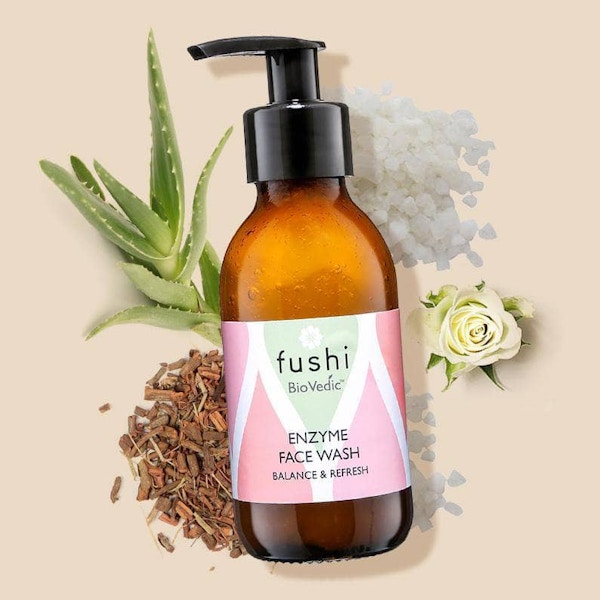US beauty brand True Botanicals was one of the first to add this Ayurvedic powerhouse to its skincare line, claiming that ‘chebula is the most bioactive and powerful antioxidant the skincare world has ever seen’. Plus it has already garnered a loyal fan base from the likes of Brooke Shields and Olivia Wilde. Sold? Read on to hear from the clinical studies that confirm the array of benefits this tiny nutrient-rich fruit holds.
The Skincare Benefits Of Chebula
As a powerful antioxidant, Chebula defends skin against the free radicals that weaken its elasticity and structure, leading to wrinkles and sagging. Studies have shown that it has longer-last effects than other antioxidants.
Some studies report that Chebula offers a protective effect from sun exposure – specifically from UVB-induced skin damage. Whilst this doesn’t mean you can skip the SPF, it has been shown to prevent and also repair pigmentation and dark spots.
City-dwellers would do well to add a protective layer of Chebula serum to their skincare routine, as it has been shown to reverse visible signs of pollution-induced damage, such as skin-ageing, inflammation and blemishes.
It seems Chebula has more than just a protective power, but a hyper-hydrating one too, with one study concluding that it both slowed moisture loss through the skin, whilst also increasing the skin’s moisture content for dewy, plumper looking skin.
Finally, a 2016 study shows positive results when using Chebula to treat inflammatory skin disorders, such as psoriasis. It contains a polyphenolic compound with effective antioxidant and anti-inflammatory qualities.
By Lydia Mansi
March 2023


